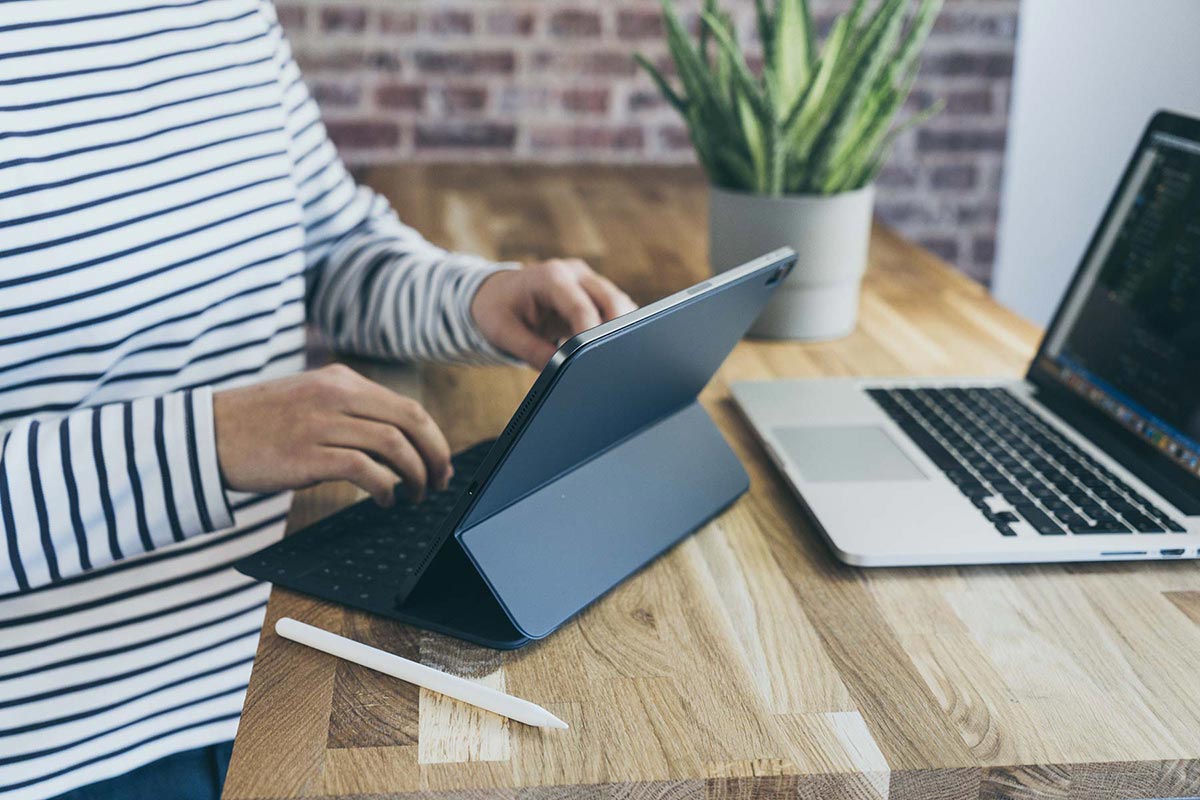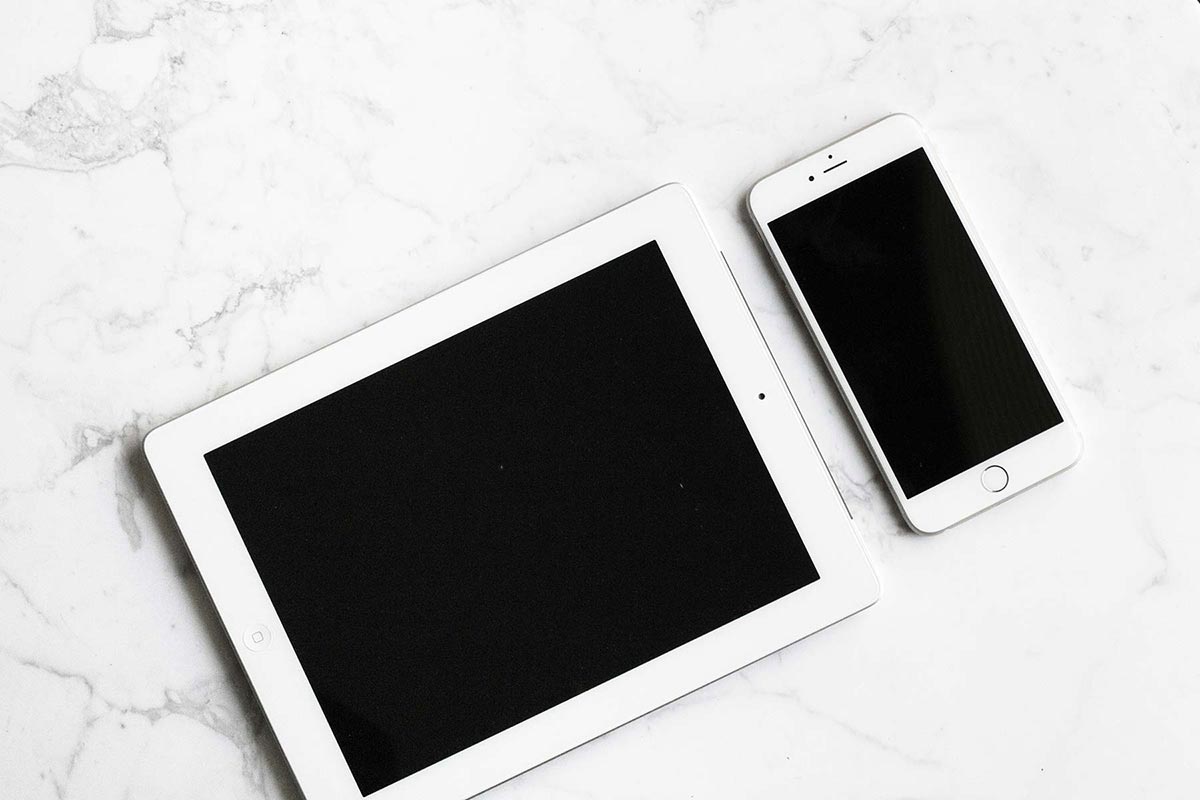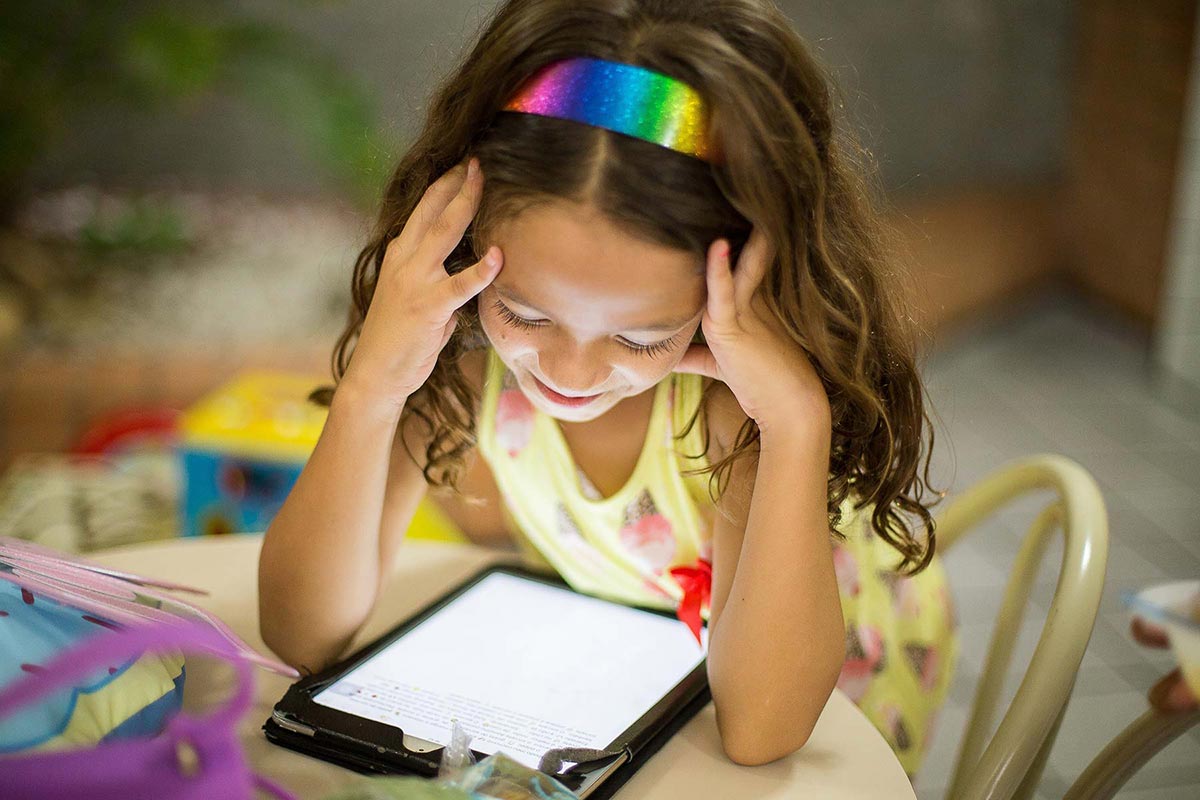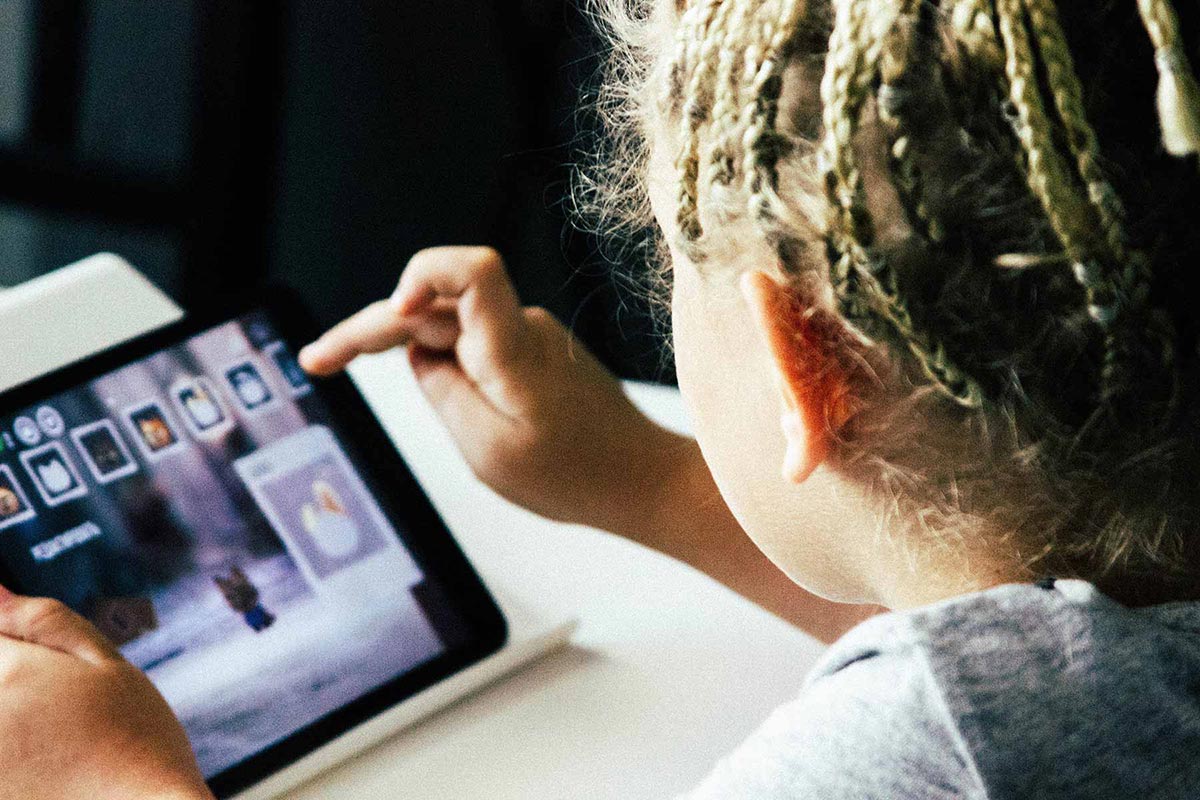In the summer of 2017 Academia Bilingual School Basel embarked on a programme to enrich media and computer science in the classroom.
Phase 1 saw a considered shift away from PCs to screens and individual iPads through grades 6-8.
Phase 2, kindergarten and primary classes, were instigated in August 2018 following the pilot’s success.
Naturally, a shift in methodology required a movement of thinking within our teaching team.
It was clear pedagogical knowledge and content knowledge were embedded in the professional skills of teachers, yet the goal of having technological knowledge on par with them required due consideration.
Thus the Technological, Pedagogical and Content knowledge (TPAC) concept was commenced at academia International School Bilingual. Only with this level of understanding would we be able to transform our methodologies within the classroom.

As Einstein coined, ‘If you always do what you always did, you will always get what you always got’.
As teachers are a reflective bunch, the following questions remain at the forefront of our work.
- How are new tasks uniquely made possible by our new technology?
- Have I added an improvement to the task process that could not be accomplished with the older technology at a fundamental level?
- What would I gain by replacing the older technology with the new technology?

Projects otherwise unimaginable are now embedded within classes of different ages and abilities.
«Technology has changed our class mentality and work ethic in many ways. Presentations are now engaging because we as a class aren’t squinting trying to read a smaller poster, while it additionally allows us to help our classmates more with quick easy changes to work.
The most important advantage (for me) is easy access to the internet and being able to whip out my iPad and look something up without hassle.
To me the iPads are a completely positive change. Some examples of how it has transformed our class were our music ‘Raps’ completed using Evertoon, allowing for a beat to be added from the internet and emojis to help send messages.
History presentations, in which technology allows us to dive deeper in a subject that interests us with new information and pictures, really changed our opinions on a subject.»
Sophia Wigmore, Grade 8

«Our school policy is that the iPads are to be used for educational purposes only.
When we began with iPads I had never used one before, so in an attempt to focus their usage on worthwhile educational activities, I divided their legitimate use into three categories in which I am proficient: presentation, research and skills practice.
This basic methodology has worked well and I have, I believe, made progress. I am becoming increasingly aware that presently I am only scratching the surface of a very powerful learning tool.
I have observed children that regularly struggle with lengthy pen and paper activities, able to produce much higher quality work in the time available by using the iPad.
I have also recently dived deep into iTunes U, which is an incredible (if somewhat unwieldy) receptacle of educational lectures and notes from primary, secondary and university schools around the world.
I also aim to use the iPads to record audio (as an aid to literacy) and I have recently started an extended film making club (also using the ipads).»
Cameron Stevens, Grade 5 teacher
We look forward to what the future holds.
Showcasing our work to parents has not been left as an after thought, through diverse means incorporating QR codes as a simple means by which digital portfolios, projects and presentations are shared and viewed by others within our building and beyond are becoming common place.
Autor
Jarrod Brauer, Schulleiter Academia Bilingual School Basel

